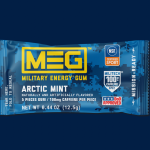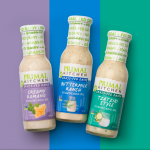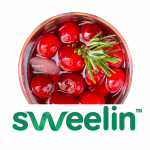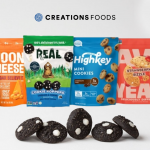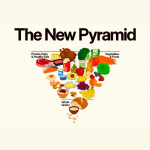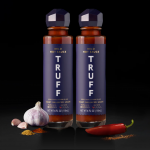The Checkout: Shopper Response To Price Increases Drive Private Label Loyalty, Says FMI; Gorton’s Fights Back On Sustainably-Sourced Definition
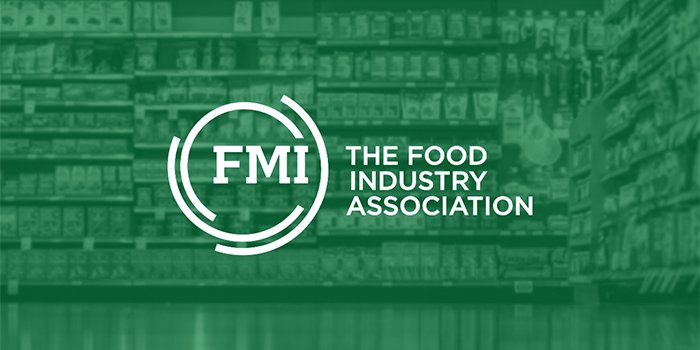
Two years of supply chain turmoil and ever-increasing inflationary pressures have driven 40% of consumers to purchase more private label products than they previously ever have before, according to a recent report from The Food Industry Association (FMI). Of the over 1,000 survey respondents, the majority (75%) say they will continue to shop private label brands for the foreseeable future.
With the increased demand and interest in store brands, shoppers are also beginning to expect more from private label products and see opportunity for packages that are more distinct, come in a greater variety of sizes and cater to dietary options including organic lines and products that feature “healthier ingredients.”
“Stores should offer store brand items in more sizes. I’m a single guy and I don’t need a gallon of milk, but I do need a half gallon,” said one respondent.
Although out of stocks caused an upheaval among consumer purchasing habits during the early days of the pandemic, loyalty to private brands has only begun to solidify as prices continue to tick upwards, the report states. According to data from IRI, average food prices in March were 10% higher than the year before and the majority of survey respondents noted they were most sensitive to increases among fresh products.
Products across all of the top 25 food and beverage categories, spanning the entire store, saw double-digit price increases over the past year, IRI reports. Price increases have also driven shoppers to take a more strategic approach toward deciding where to shop. The survey found most private label shoppers are younger, mainly millennial consumers or those with young families and these consumers largely look to mass merchandise retailers.
“While we know price and out-of-stocks have led consumers to try more private brands, we’re seeing these factors aren’t the only reasons shoppers continue to purchase private brand products,” said FMI VP of Industry Relations, Doug Baker, in a press release. “Less than two percent of shoppers say the only reason they purchase private brands is because other products were out-of-stock. When asked about 14 product attributes, shoppers identified an average of four reasons for choosing private brand products. Clearly shoppers’ interest in private brand products extends beyond just price.”
According to the report, quality and value are the key tenets that are driving growth for private label.
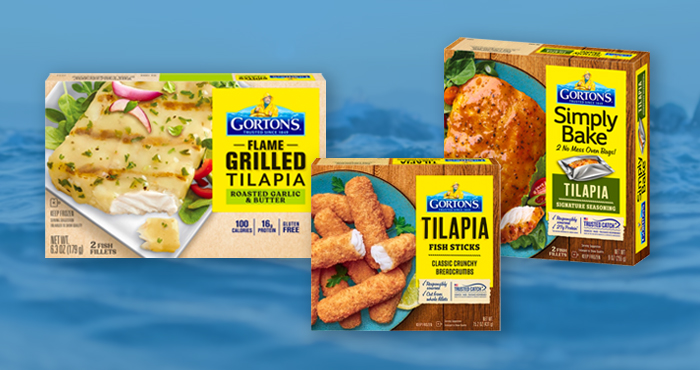
Gorton’s Seafood Fights Back Against “Invented” Frozen Fish Lawsuit
Massachusetts-based Gorton’s Seafood is fighting back against a proposed class action alleging that its frozen tilapia product is misleadingly labeled as “sustainably sourced.” The plaintiffs argued the claim is inaccurate after discovering the fish is sourced from aquafarms in China.
According to Gorton’s motion to dismiss, the consumers involved in the suit invented a “fanciful interpretation” of the term “sustainably sourced,” and despite the fact that the claim lacks an FDA-approved definition, the company argues that the dictionary definition of sustainable – “capable of continuing” – suffices in this case.
Gorton’s goes on to state that its sourcing methods are detailed online and that it has worked with the New England Aquarium in Boston to ensure best practices are followed by its suppliers.
However, the issue of sourcing isn’t the only item in the complaint. The plaintiff’s also claim that, since the fish are farmed in China, their feed may contain trace amounts of the chemical ethoxyquin, which is banned in the European Union due to human health concerns. The chemical is allowed to be used as a preservative in small amounts per the FDA. The motion to dismiss states that the plaintiffs are unable to prove that the alleged amount of ethoxyquin found in the fish exceeds the FDA approved amount.

SFA Trendspotters Name Top Themes From The Summer Fancy Foods Show
The Specialty Food Association’s Trendspotter panel released the top themes it recognized among exhibitors at last week’s show including Surprising Sips, Packaging Innovations, Vegetable Chips, Sustainable and Ethical Choices, Alternative Comfort Food, Peppers Are Hot and Play with Your Food.
“Innovation was on display at the Summer Show with our Trendspotters highlighting unexpected twists on classics, reconceived packaging options, better-for-you indulgences and comfort foods, global flavors, and growing interest in sustainability and ethical production,” said Denise Purcell, SFA’s VP of content & education, in a press release.
Specifically among packaging innovations, the panel highlighted the rise of single-serve, compostable formats and packs offering “increased portability with decreased mess.” The panel called out product’s like SugarRoti’s single-use, compostable pouch spices; Whipnotic’s flavored whipped cream with a flavor pod embedded in the spray can’s nozzle; and PCS Gourmet Foods’ ‘Sauerfrau’ Squeezable Kraut.
The panel included food and beverage experts such as Melanie Zanoza Bartelme (Mintel); Mikel Cirkus (Firmenich); Jenn de la Vega (Put A Egg on It); Victoria Ho (SherpaCPG); Lindsay Leopold, (Martha Stewart, Marquee Brands); among others.
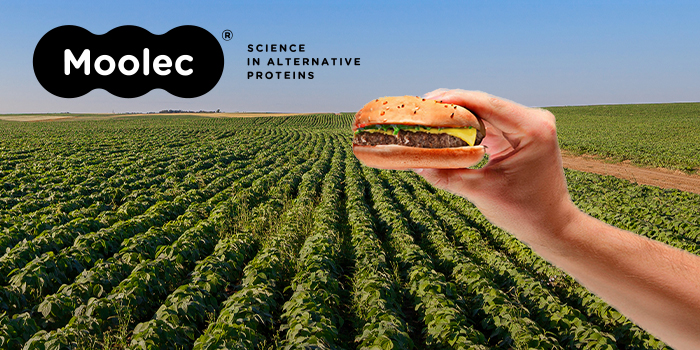
Food Tech Company Moolec Announces IPO Plans
Food tech and molecular farming company Moolec announced plans to go public following a merger with shell company LightJump Acquisition Corp, led by K&L Gates LLP, to create a $504 million valuation for the company. The deal is expected to close in Q2 and, according to Moolec, a public offering would make it the first molecular farming and food technology company to be listed on the Nasdaq.
“We believe Moolec’s differentiated technology platform will be able to address the worldwide growing demand for animal proteins, while delivering them at a small fraction of the cost and environmental impact of existing approaches,” said Robert Bennett, CEO of LightJump, in a press release.
Founded in 2020, Moolec is a spinoff of Bioceres Group, a Latin American ag-biotech conglomerate. The company seeks to synthesize the DNA of real animal protein into seed crops to create alternative-protein ingredients grown without any animals, according to its website.


